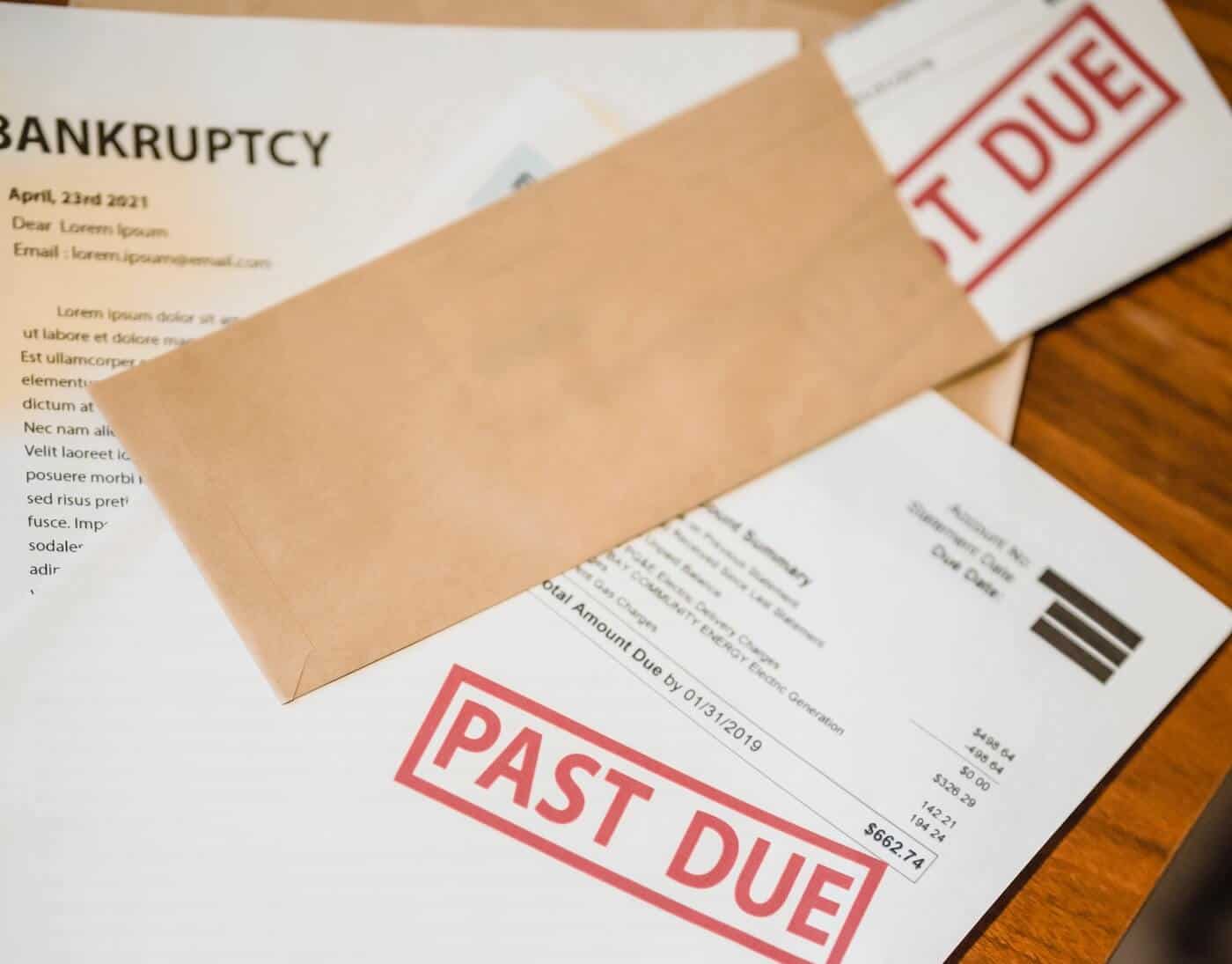If you take out a loan to buy a house in Pennsylvania, you’ll probably sign two legal documents, a mortgage and a promissory note.
The mortgage grants a security interest in your home to the lender, while the promissory note contains your pledge to repay your loan promptly.
If you don’t pay as agreed, the mortgage also gives your lender the right to sell your house to reclaim all or part of the money it lent you.
Foreclosure is the legal process by which the lender seizes and sells your home.

How Long Does Foreclosure Take in PA?
There are particular steps that lenders must follow to foreclose once you fall behind on a mortgage.
Foreclosures in Pennsylvania don’t have a fixed time frame, but depending on your case’s specifics and whether you decide to fight the foreclosure, it might take anywhere from a few months to over a year.
Pennsylvania foreclosure proceedings typically go through four key stages, each of which takes a different amount of time. Let’s go over each one.
-
Phase 1: Preforeclosure
Preforeclosure is the period between your first missed mortgage payment and when the foreclosure process officially starts.
At this point, a series of events providing you the opportunity to settle late payments take place, including:
- The lender offers you a grace period. Your lender will give you 10 to 15 days to make up the missed payment after which they’ll start charging you a late fee and keep doing so each month you default.
You can check your promissory note or monthly mortgage statement to learn what you’re paying in late fees.
- The lender gets in touch with you. After each missed payment, a lender is required under federal mortgage servicing regulations to call you within 36 days. They’ll discuss loss mitigation options with you during the call, such as mortgage modification, repayment plan, forbearance, or a short sale.
In addition, the lender is required to inform you in writing of your options for loss mitigation within 45 days after your failure to make a mortgage payment and to connect you with a member of their team so that you can work together to prevent foreclosure.
After 90 days, the lender will send you an Act 91 notice informing you that they intend to foreclose and providing information on state mortgage assistance programs that can help you catch up on your home payments.
- The foreclosure process starts. Your lender can initiate foreclosure action if you’re over 120 days behind on payments.
Home prices have increased dramatically over the past two years, and if you have equity in your property, you might want to think about selling it to avoid going through the unpleasant foreclosure process.
HomeBuyers of Pittsburgh can buy your house for cash in just a few days, enabling you to be free of your mortgage lender and acquire the much-needed cash you require to start your financial recovery.
A conciliation conference, which is an in-person meeting between you and your lender to attempt to find a way for you to resume making payments on your house, is another option to help you delay or prevent foreclosure.
A repayment arrangement, loan modification, or deed in lieu of foreclosure are possible outcomes of a conciliation conference.
The majority of Pennsylvania counties have a foreclosure diversion program that you can use to set up a conciliation meeting.
-
Phase 2: Judicial Foreclosure Begins
Your lender will file a lawsuit in court after the mortgage is 120 days past due to get a judgment allowing them to sell your house and get their money back.
As I mentioned above, they must first send you a 30-day notice of their intent to foreclose before filing a foreclosure case with the court in the county where your house is located.
The lender is required to serve you with court documents after filing, which is often performed through the local sheriff.
After being served, you have 30 days to formally protest the foreclosure or make any counterclaims.
The lender will approach the court for, and most likely secure, a default judgment if you don’t reply to the lawsuit, which will give them the go-ahead to hold a foreclosure sale.
If you decide to contest the foreclosure action, the matter will proceed to trial, and the lender will probably pursue a summary judgment. This is a request for the judge to find in their favor because it is obvious that you have breached your mortgage terms.
If the lender is successful in obtaining summary judgment, or if you lose your case in court, the judge will allow your home to be auctioned.
-
Phase 3: Property Is Placed for Sale at Auction
Your lender will decide when to sell your home after the court approves the sale. After doing that, they must:
At least 30 days before the sale, post a notice of the foreclosure sale on your property.
Notify you of the sale at least 30 days before it happens.
Print the foreclosure sale once per week for three weeks in a local daily, with the first publishing happening at least 21 days before the selling date.
In Pennsylvania, you can reinstate your mortgage to halt a foreclosure sale at any moment, up to an hour before the auction sale. You must pay all missed interest and principal payments, as well as late fees and other costs incurred to make your loan current, to do this.
Based on the balance of the outstanding mortgage loan, unpaid taxes, liens, and other costs related to your property, the lender determines the initial bid price at the auction. Property ownership is transferred to the highest bidder.
Your home becomes “bank owned” or “real estate owned (REO)” if the lender is unable to sell it for the amount needed to pay off your loan. This indicates that the lender will be the property owner and, in most situations, will try to sell their REO as is at current market prices through a real estate agent or by placing an online listing.
In some states, homeowners who are in arrears on their mortgage can keep their home after a foreclosure auction by paying the buyer the bid price — not the amount owed to the lender—plus interest and any other applicable fees. Unfortunately, following a foreclosure sale, there is no redemption period provided under Pennsylvania law.
One more thing to keep in mind is that you’re entitled to the excess cash from a foreclosure sale if a buyer makes an offer that is higher than what you owe on the property.
However, if the proceeds from the foreclosure sale are insufficient to pay off your entire debt to a mortgage lender, they may sue you within six months to force you to make up the difference.
Say, for example, that your home sells for $250,000 at the foreclosure sale despite a total debt of $320,000 being due. The shortfall is $70,000. The lender could recover this money from you by seeking a deficiency judgment.
-
Phase 4: Foreclosure Eviction
You’ll likely be permitted to remain in your house until it is sold at a foreclosure sale or as an REO.
If you don’t willingly leave the property after it’s sold, you’ll receive an eviction notice requiring you to leave immediately. The local sheriff will visit the premises and evict you if you don’t abide by the notification.
The renters with a lease will be given at least 90 days’ notice if you had rented the property, though the new owner may decide to let them stay until the end of their term.
Homebuyers of Pittsburgh: #1 Professional Home Buyer in Pittsburgh
Please contact HomeBuyers of Pittsburgh at 412-444-8914 or info@urbanpgh.com if you’ve run into financial trouble and are in danger of losing your home to foreclosure because you can’t make your mortgage payments.
We can help you escape the stressful foreclosure process by paying cash for your home at a fair price — providing you with the money you need to pay off your mortgage obligation and sustain yourself while you strive to fix your financial situation.
Get in touch now to find out more about how we may help you avoid foreclosure in Pennsylvania.









